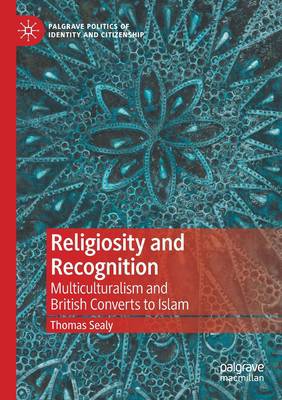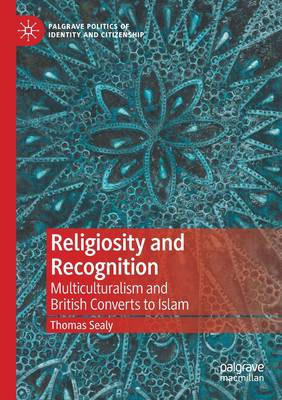
- Retrait gratuit dans votre magasin Club
- 7.000.000 titres dans notre catalogue
- Payer en toute sécurité
- Toujours un magasin près de chez vous
- Retrait gratuit dans votre magasin Club
- 7.000.0000 titres dans notre catalogue
- Payer en toute sécurité
- Toujours un magasin près de chez vous
Description
This book argues that multiculturalism remains a relevant and vital framework through which to understand and construct inclusive forms of citizenship. Responding to contemporary ethnic and religious diversity in European states and the position of religious minorities, debates in multiculturalism have revitalized discussion of the public role of religion, yet multiculturalism has been increasingly challenged in both political as well as academic circles.
With a focus on Britain and through a study of the narratives of British converts to Islam, this book engages in debates centered around multiculturalism, particularly on the issues of identity, recognition, and difference. Yet, it also identifies and interrogates multiculturalism's shortcomings in relation to specifically religious identities and belonging.
In a unique and innovative analysis, this book combines a discussion of multiculturalism in Britain with insights from political theology. It juxtaposes multiculturalism's concepts of ethno-religious identity and recognition with the notions of religiosity and hospitality to offer a new perspective on religious identity and the implications of this for thinking with and about multiculturalism and multicultural social and political relations.
Spécifications
Parties prenantes
- Auteur(s) :
- Editeur:
Contenu
- Nombre de pages :
- 233
- Langue:
- Anglais
- Collection :
Caractéristiques
- EAN:
- 9783030751296
- Date de parution :
- 30-06-22
- Format:
- Livre broché
- Format numérique:
- Trade paperback (VS)
- Dimensions :
- 148 mm x 210 mm
- Poids :
- 294 g

Les avis
Nous publions uniquement les avis qui respectent les conditions requises. Consultez nos conditions pour les avis.






